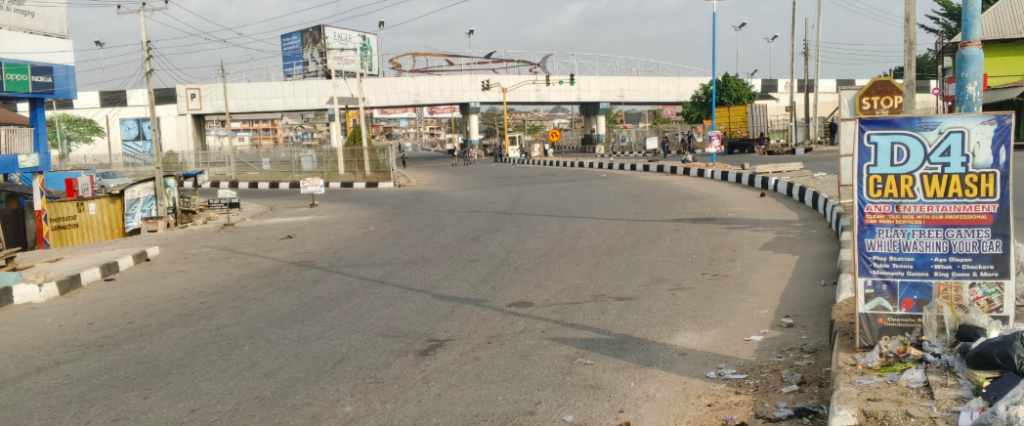The Osun State local government elections held on Saturday, November 25, 2023, were marred by controversy and allegations of widespread irregularities. Adewale Adebayo, the chairman of the Allied Peoples Movement (APM) in Osun State, vehemently condemned the conduct of the elections, accusing the Osun State Independent Electoral Commission (OSIEC) of orchestrating a sham exercise. Adebayo argued that the election was effectively non-existent across the state, with the exception of Ede, the hometown of Governor Ademola Adeleke. He decried OSIEC’s insistence on holding the polls as a mere justification for the funds allocated to the process, labeling it a fraudulent undertaking. Reports from APM members across various towns corroborated Adebayo’s claims, indicating a lack of electoral activity in their respective areas.
Adebayo’s criticism extended to the composition of OSIEC itself. He pointed to the chairman, Hashim Abioye, alleging him to be a card-carrying member of the Peoples Democratic Party (PDP) and a Special Adviser on Legal Matters to Governor Adeleke, as well as a former caretaker secretary of the PDP. This, according to Adebayo, rendered OSIEC incapable of conducting a fair and impartial election. He asserted that the APM’s pre-election concerns about OSIEC’s partiality had been validated by the events of Saturday. The APM chairman accused the Osun State government and OSIEC of squandering billions of Naira on a “shadow election,” citing the lack of polling activity reported by party members in numerous local government areas, including Irewole, Isokan, Boripe, Ifelodun, Olorunda, Egbedore, Irepodun, and Orolu.
The alleged discrepancies in voting patterns further fueled Adebayo’s accusations. He highlighted the purported completion of voting in Ede by 8:30 am, a stark contrast to the 9 pm closing time experienced during the 2022 governorship election in the same area. This, he argued, further underscored the irregularities surrounding the local government elections. Adebayo called on Governor Adeleke, OSIEC chairman Abioye, and other cabinet members to issue a statewide apology for imposing what he termed a “lockdown” on residents under the guise of an election.
The alleged lack of election activity in most parts of the state, coupled with the claims of PDP bias within OSIEC, casts a serious shadow over the legitimacy of the local government elections. Adebayo’s assertions raise fundamental questions about the fairness and transparency of the electoral process in Osun State. The accusations of financial impropriety, with billions of Naira allegedly wasted on a non-existent election, further compound the concerns surrounding the exercise. The calls for a statewide apology from the government and OSIEC reflect the depth of public discontent and the perceived betrayal of democratic principles.
The situation in Osun State underscores the critical importance of independent and impartial electoral bodies in ensuring credible and transparent elections. The allegations leveled against OSIEC highlight the potential consequences of partisan influence within electoral commissions, leading to compromised electoral processes and undermining public trust in democratic institutions. The APM’s call for accountability and transparency serves as a reminder of the ongoing struggle to safeguard the integrity of electoral systems and uphold democratic values. The implications of these allegations extend beyond the immediate context of the local government elections, raising broader concerns about the future of democratic governance in Osun State.
The controversy surrounding the Osun State local government elections demands a thorough and independent investigation to ascertain the veracity of the allegations and ensure accountability for any wrongdoing. The restoration of public trust in the electoral process is paramount, and addressing the concerns raised by the APM and other stakeholders is crucial for fostering a credible and democratic electoral environment in Osun State. The future of local governance hinges on the commitment of all stakeholders to uphold the principles of fairness, transparency, and accountability in the conduct of elections.


